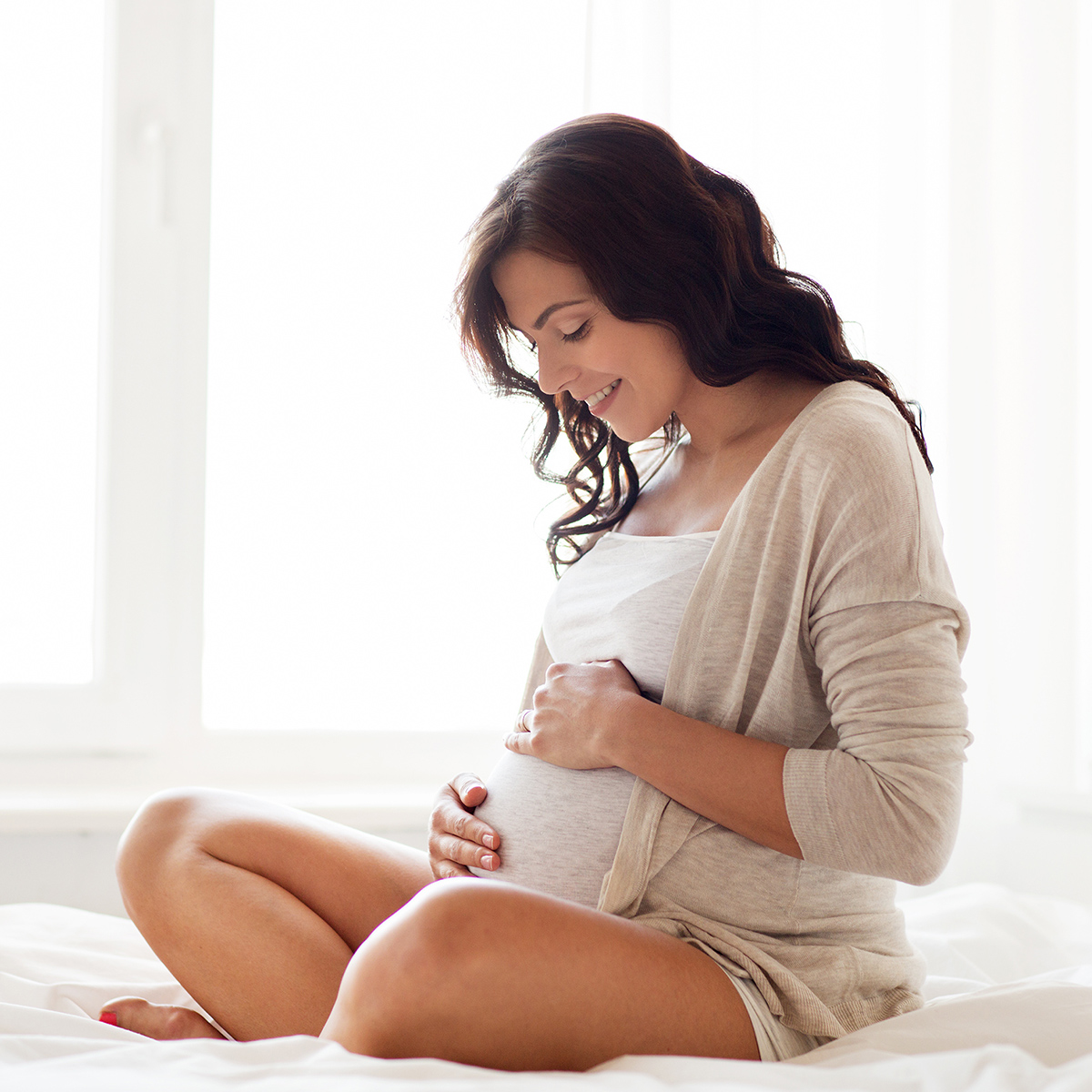
Pregnancy
Seeing the positive result of a pregnancy test is one of the most memorable moments for a woman. From then on, her life will change forever as she builds a connection to her unborn baby.
READ MOREThe information on this part of the website is intended only for health care professionals. I am an expert within the meaning of Act No. country xy. I herewith confirm that I am a professional according to this definition.
Unfortunately, as you are not a health care professional we cannot provide you this information.


In our day-to-day lives, our bodies are exposed to numerous agents from our environment. Thanks to our bodies’ highly intelligent defence systems, most of them are rendered harmless by our immune system.
Made up of a range of protective mechanisms, the immune system is always in action – working in the background to keep us safe, without us even noticing. While the foundation is laid in the first 1000 days of our lives, it continues to learn and mature with us throughout adulthood and all the life events that come with it.

During pregnancy, a woman's body is in a constant state of flux, as is her defence system. From the very beginning, the future mother’s immune system has to balance two opposite impulses.
While the woman’s body is now carrying a “foreign body”, it is also required to protect this new life inside her. This represents something of a constant to and fro for the immune system, which now has to juggle these two seemingly opposing needs. Studies have also shown that the mother passes antibodies on to her unborn child during pregnancy. So it is especially important to take care of the immune system during this time, e.g. by reducing stress and eating a balanced diet, for both the mother and the child.


Numerous factors can influence our immune system. Lifestyle usually plays a primary role.
Stress, insufficient sleep, excessive exercise, and an unbalanced diet can all adversely affect the immune system. Antibiotic treatment can also impact the immune system as antibiotics do not differentiate between different types of bacteria, destroying also the endogeous bacteria, which can affect the gut microbiota. So it is a good idea to replace the gut microbiota lost during a course of antibiotics, e.g., by taking a food supplement containing lactic acid bacteria such as Limosilactobacillus reuteri Protectis.
Please consult your doctor when feeling unwell to eliminate the possibility of other causes.

Aging is a process we can’t stop, and it also affects our immune system. Not only the skin – one of our key defence barriers – but organ and cell function also begin to change and slow down over the years.
Since aging affects the entire body, it can also lead to lower efficiency of the immune system, which can no longer fight foreign cells as effectively. This means that supporting the immune system becomes particularly important in older age. In addition to a healthy lifestyle, BioGaia products containing Limosilactobacillus reuteri Protectis help support the gut microbiota, while vitamin D contained in them can contribute to maintaining normal immune function and bone health.
Although the foundation for our immune system is laid in childhood, as adults we can still do a great deal to support its function and keep ourselves fit and healthy.
10 simple tricks to support the immune system:
Enjoy the sunshine but avoid sun burn Tip: Vitamin D is one of the essential building blocks for the immune system and is produced in our skin by exposure to sunlight. Regularly taking a short walk during your lunch break is enough – that’s when the sun is at its best! You can also add vitamin D to your diet with BioGaia Protectis chewable tablets + Vit. D3.

Seeing the positive result of a pregnancy test is one of the most memorable moments for a woman. From then on, her life will change forever as she builds a connection to her unborn baby.
READ MORE
Our immune system is one of the most complex systems in our body and is specialised in defence. It can be divided into two cooperating defence mechanisms, which are linked together in various ways.
READ MORE
The immune system is spread throughout the entire body, and the digestive system plays a huge role in it.
READ MORE